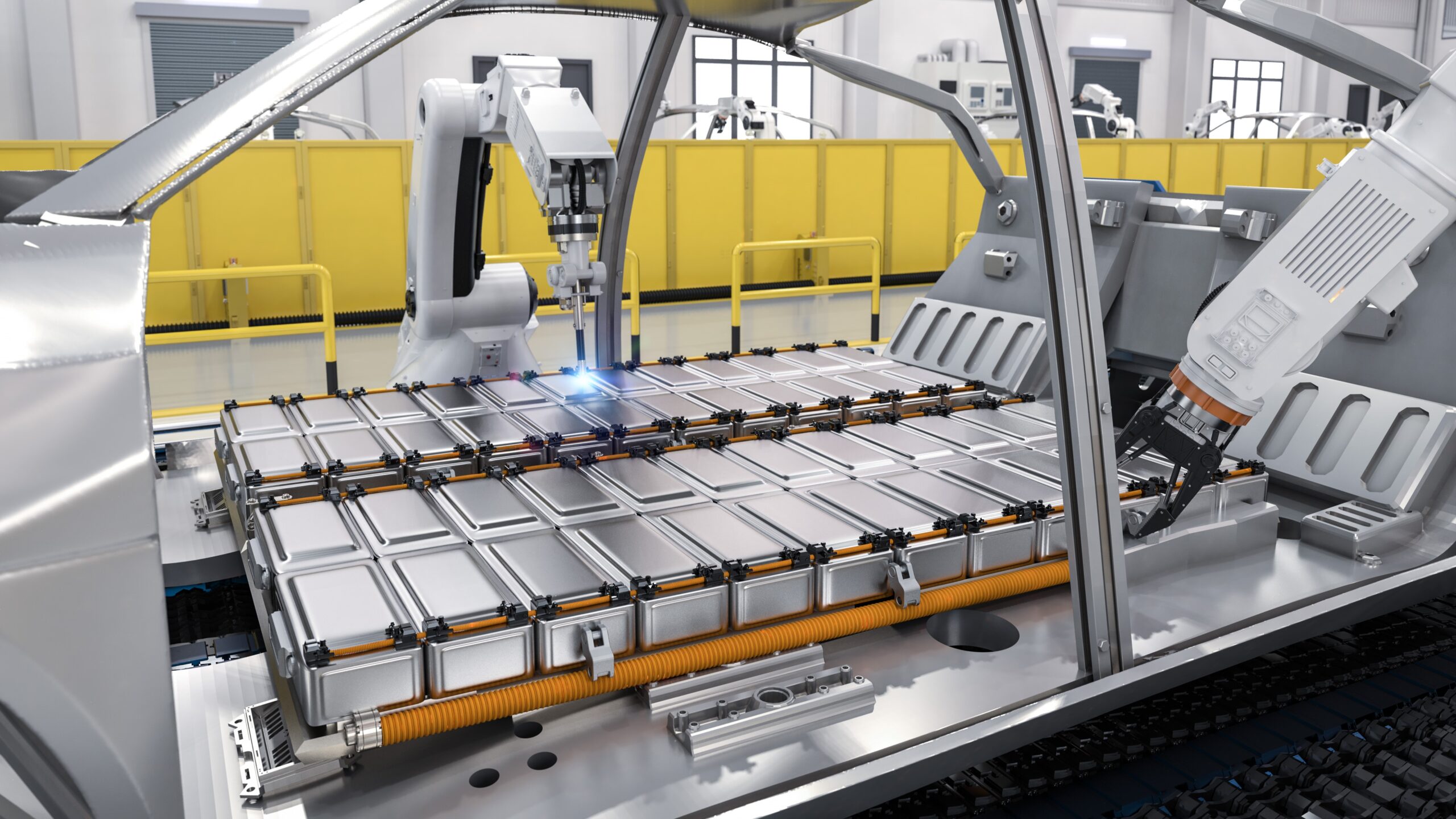
NanoTerraTech: creating critical minerals locally and sustainably
The critical minerals sector in Canada accounts for roughly five per cent of our GDP, but comes at a very high environmental cost. The extraction of these minerals can cause soil and water contamination, damage to critical habitats, and biodiversity loss. The sector presents a unique challenge for Canadian cleantech innovators, with opportunities for massive economic impacts and environmental improvements.
NanoTerraTech is an advanced materials company embracing the circular economy model, producing carbon-based products from forestry biomass waste. Their proprietary technology is a drop-in solution that is sustainable, scalable, and poised to disrupt many industries.
Homing in on biographite
Before 2022, the NanoTerraTech team had been busy creating various carbon-based advanced materials including activated carbon, conductive paint, carbon black, and graphite at lab scale with their academic partner, the University of British Columbia Okanagan (UCBO). In December 2022, the Government of Canada announced the Canadian Critical Mineral Strategy. In that document, graphite was pointed out as the second most important critical mineral for its potential to spur Canadian economic growth and its necessity as an input for priority supply chains, including electric vehicle (EV) battery manufacturing.
Having the relevant experience, and seeing the enormous opportunity in front of them, NanoTerraTech pivoted to focus on producing bio-graphite due to its high demand globally. Graphite is a crucial component in lithium-ion batteries, and as the shift to EVs accelerates so will the demand for graphite.

“I am extremely passionate about the environment, and frankly scared for younger generations if we don't solve the climate crisis,” said Connie Ekelund, CEO and cofounder of NanoTerraTech. “I believe each and every one of us must focus on CO2 reduction and find cleaner options in everything we do. For businesses, I believe it is imperative to only offer clean and sustainable solutions to enable better environmental choices. As such, we have created a business model that not only benefits the environment but is a high-growth industry.”
Prioritizing people and the environment
Biographite is a high-value product – it’s the most valuable commodity created from carbon other than diamonds. It’s also efficient to produce from biomass, as three units of waste wood can be turned into one unit of graphite. Currently, only 0.086% of B.C.’s biomass goes towards biographite.
NanoTerraTech sources waste wood from sawmills, pulp mills, and slash from forestry to turn into biographite. Slash, the woody debris generated from logging, is often left behind, increasing the risk and intensity of forest fires. By collecting and utilizing this waste, NanoTerraTech is contributing to a circular economy and capturing carbon while decreasing fire hazards in B.C.

No carbon dioxide is released during manufacturing, making biographite a permanent carbon capture product. Connie plans to issue carbon capture credits as her business matures.
In addition to the environmental benefits, NanoTerraTech aims to have a positive impact on equity-deserving communities. They partner with Indigenous nations to source biomass waste, and they work closely with the Coast Salish Employment & Training Society to employ Indigenous workers.
Currently, NanoTerraTech is in talks with the largest coastal sawmill and timberlands operator in B.C. The potential feedstock from this single operator could support more than three commercial biographite facilities. This operator sustainability harvests timber in accordance with international certifications and in collaboration with Indigenous groups.
A growing green opportunity
The demand for graphite currently exceeds the supply, with many economists forecasting global shortages as efforts to decarbonize our transportation sector increase and the electric vehicle industry booms. Traditionally acquired through mining, or synthetically created using fossil-fuel-derived coal tar, graphite acquisition comes at a significant cost to the environment. NanoTerraTech’s bio-graphite is a clean, net-negative alternative.
“I am so excited about our venture and the unprecedented potential for growth in both the EV battery markets as well as the nuclear sector. Graphite is a critical mineral, and there is an ongoing global shortage — demand has exceeded supply as of this year. In addition to supporting the security of the Canadian supply chain, it is also the only sustainable form of graphite — bio-graphite,” Connie added.
NanoTerraTech is member of the 2023 Earth Tech accelerator cohort and has been accepted into Foresight’s Earth Tech: 2050. These cleantech accelerators are free to participants thanks to the RBC Foundation, the Peter Giligan Foundation, and Bullfrog Power’s community projects grant. “I can say with 100% certainty that NanoTerraTech would not be in the position we are today without Foresight. The programming, cleantech ecosystems, EIRs, mentors, experts, member companies, and special events have made all the difference in our understanding of how to build our business so that it translates,” Connie said.
NanoTerraTech is currently fundraising for their pilot plant and in talks with a major automaker. With a recent $13 billion investment announced by the Government of Canada into the new Volkswagen and PowerCo Battery Plant in Ontario, the timing could not be better for NanoTerraTech.
Earth Tech is a six-month accelerator delivered in partnership between SI Canada and Foresight Canada that supports the commercialization of companies led by committed teams driven by environmental impact. The program supports early-stage companies to validate their solutions and business models, advance their technologies, raise funding, and create meaningful impact.
Earth Tech is made possible with the generous support of the RBC Foundation, Peter Gilgan Foundation, and Bullfrog Power.

